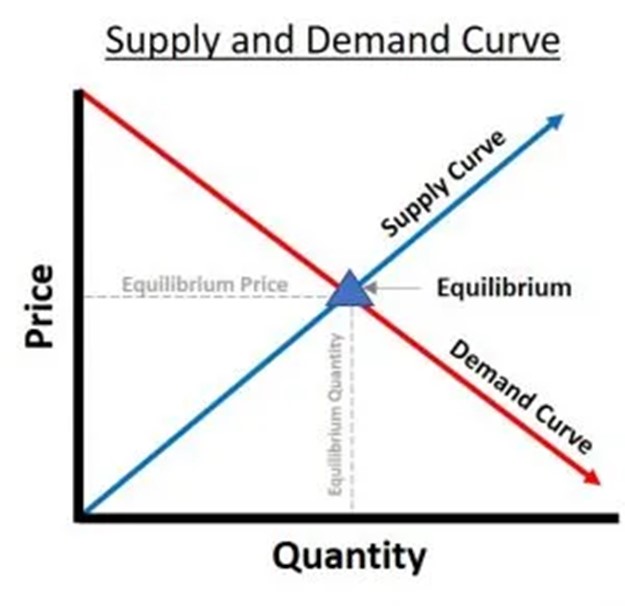Can the uberization of work reach the legal profession?
Brazil is considered a country of continental dimensions due to the size of its territory. There are about 212 million peoplespread over more than 8 million km².
There are currently 1.2 million lawyers registered in the Brazilian Bar Association (OAB), so the ratio is 1 lawyer to 175 people.
With the various promotion crises that the country has been facing and with global fluctuations due to the COVID 19 pandemic, there was an important increase in the number of unemployed and, consequently, a precariousness of ideal working conditions.
The estimate is that 15 million Brazilians are unemployed and 1.4 million drivers and self-employed delivery people linked to Uber and other applications with the same business model. In other words, a market niche was created that generates a high demand for informal jobs that are not always advantageous for the worker.
There is no guarantee of remuneration, because the algorithms are controlled by companies, not by service providers.
Even before the pandemic, professionals such as engineers, lawyers, administrators, economists migrated to Uber in many parts of the world.
In this way, many people withdraw from having formal labor protection as legal guarantees.
Dr. Virginia Todeschini, partner responsible for the labor area at the Kauffman Advogados law firm, points out: “Technological advances have generated a great impact on the economy, reflecting on commercial, consumer, labor and employment relations. People undertake to look for companies to serve them, choosing to use this one for business intermediation. This trend called the uberization of work brought informal people to the large market only as partners.”
The subject is controversial, there are several instances around the subject and court decisions in some countries about the employment relationship between these employees and as platforms.
The Brazilian innovation ecosystem offers technological solutions for the legal area. Some of them offer services such as representation at hearings, preparation of petitions, mediation of agreements, among others. The amounts paid are usually insufficient and this can make the lawyer's routine exhausting.
So, lawyers are also subject to uberization like other professionals and it is possible to glimpse this hypothesis based on the self-regulation of the Law of Supply and Demand:

“To the extent that apps boost the economy, new jobs are no longer created. In this way, these workers remain without employment contract and legal or conventional benefits, in an illusion disguised as entrepreneurship,” says Todeschini.
The presumption of freedom is contradictory when there is no autonomy (a person's ability to act according to their desires or beliefs, without obeying external influences or pressures) and when the only alternative to survive is to accept what the market imposes.
Dr. Todeschini explains this dynamic:
“Before the digital platforms, lawyers interested in holding hearings had (and still have) a registration portal, for a monthly fee, which brought interested parties closer to their workforce.
I was registered on the portal at the beginning of my career and I even received proposals to hold hearings for a law firm that had a client with mass litigation. The value offered per audience was negligible.
The justification was that I would profit from the amount of work I would do, but I declined. However, not everyone can refuse and not all proposals are equal. There are people who need and want to act that way.
Today, applications are nothing more than the modernization of these legal relationships, but they do not cease to precarize the workforce, albeit partially.
There are excellent lawyers who like to hold hearings (and sometimes just participate in this specific phase of the process) who look for these applications and live off these fees.”
The OAB, in turn, tries to act preventively to prevent lawyers from submitting to work without the minimum conditions and financial retribution. Regardless of the choice of each professional, the area provides a range of opportunities such as magistracy, prosecution, law etc. There are several traditional legal practices and the most recent and promising specializations such as digital law, environmental law, compliance, bioethics, mediation and conflict resolution.
As in any profession, it is possible to differentiate by improving hard skills (skills that can be learned in courses, foreign languages and training, for example) and soft skills (skills such as interpersonal communication and persuasiveness).
The distinction can generate added value and is usually converted into satisfied and loyal customers.
Money can even change hands, but creative people quickly emerge thinking of innovative way and willing to take advantage of the wave of change arising from crises.
Related links
Main menu



